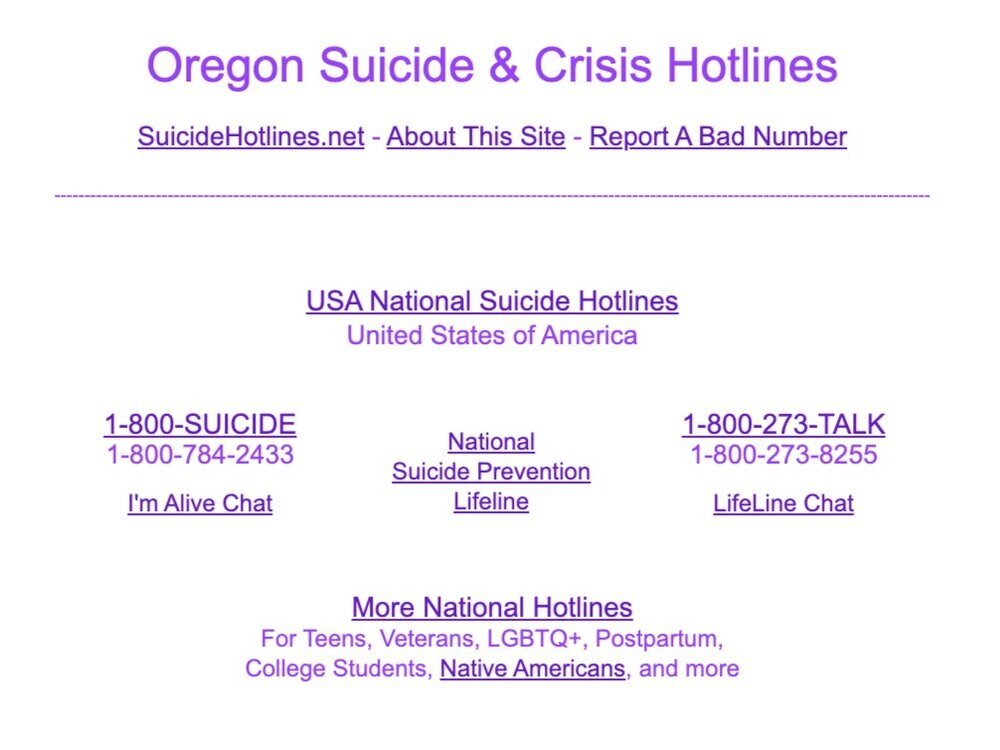Resources in
Oregon
In 2020, there were 803 identified opioid overdose deaths in the state of Oregon.
If you are a person who uses drugs or if you are around people who use drugs, please consider learning how to respond to an opioid overdose and carrying naloxone (intranasal brand name: Narcan). Naloxone is a medication designed to reverse an opioid overdose. Opioids slow down the activity of the central nervous system. This can cause slowed or stopped breathing which may lead to death. Naloxone displaces the opioids from the opioid receptors in the brain which allows the person who is experiencing an opioid overdose to begin breathing normally. We have a helpful FAQ and are constantly updating it with questions from our site visitors. If you don’t find what you’re looking for, let us know.
Request naloxone by Mail
In partnership with NEXT Distro, Project RED offer residents of Oregon free naloxone by mail. If you are a person who uses drugs or a someone close to a person who uses drugs and likely to be a first responder to an opioid overdose emergency, use the button below to request naloxone.
REVERSE OVERDOSE OREGON
Learn how and where to purchase naloxone in Oregon and access training tools for you individually or for a team.
PHARMACY-BASED NALOXONE ACCESS
Find a pharmacy in your area that provides naloxone distribution. Each location includes the name of the pharmacy, address, and phone number. Call ahead with your insurance details to request information about your co-pay.
ONLINE TRAININGS
Learn about how to respond to an opioid overdose from Reverse Overdose Oregon.
OREGON’S GOOD SAMARITAN LAW
Oregon state law protects anyone acting in good faith who administers naloxone to reverse an opioid overdose.
OREGON CRISIS HOTLINES
Oregon has several hotlines that are available 24 hours a day, 365 days a year. Many options are county specific.
DRUG USER ORGANIZING
The Urban Survivors Union is a national drug users union mobilizing against the war on drugs.
SYRINGE EXCHANGE PROGRAMS
Oregon syringe exchange and harm reduction programs provide syringe and naloxone access as well as referrals, case management, and health services.















